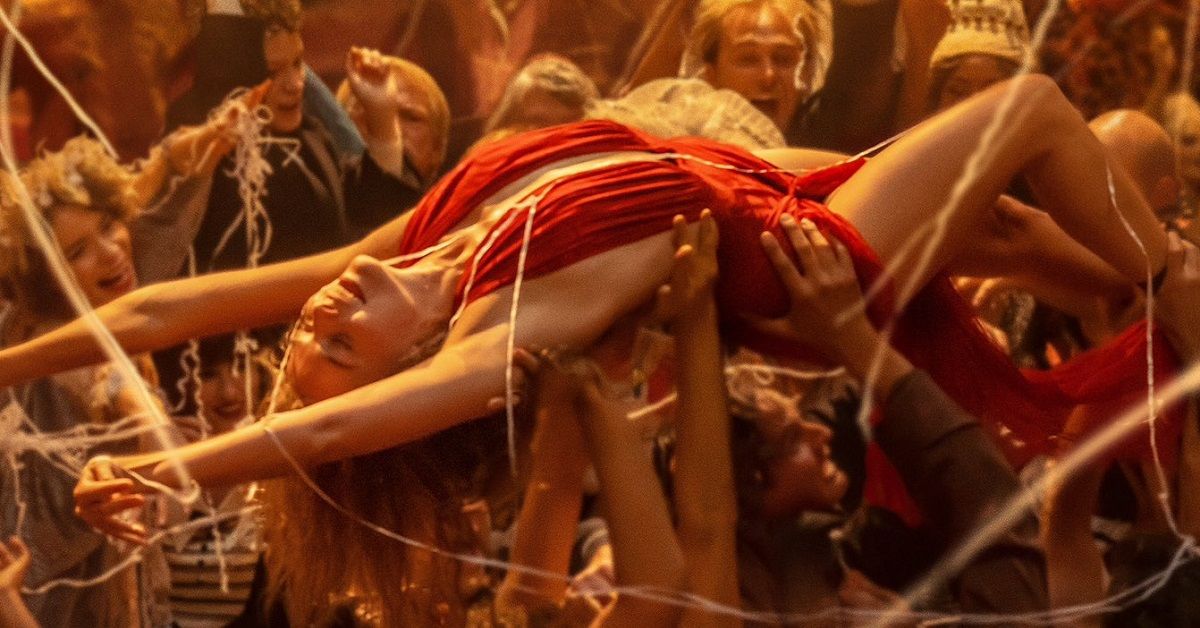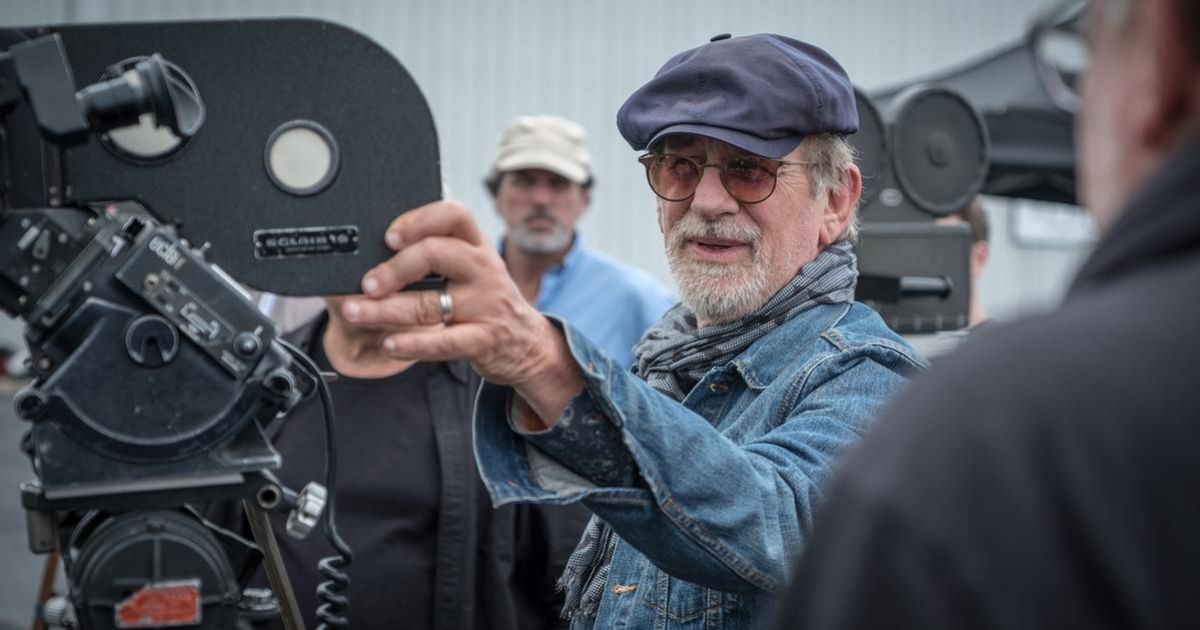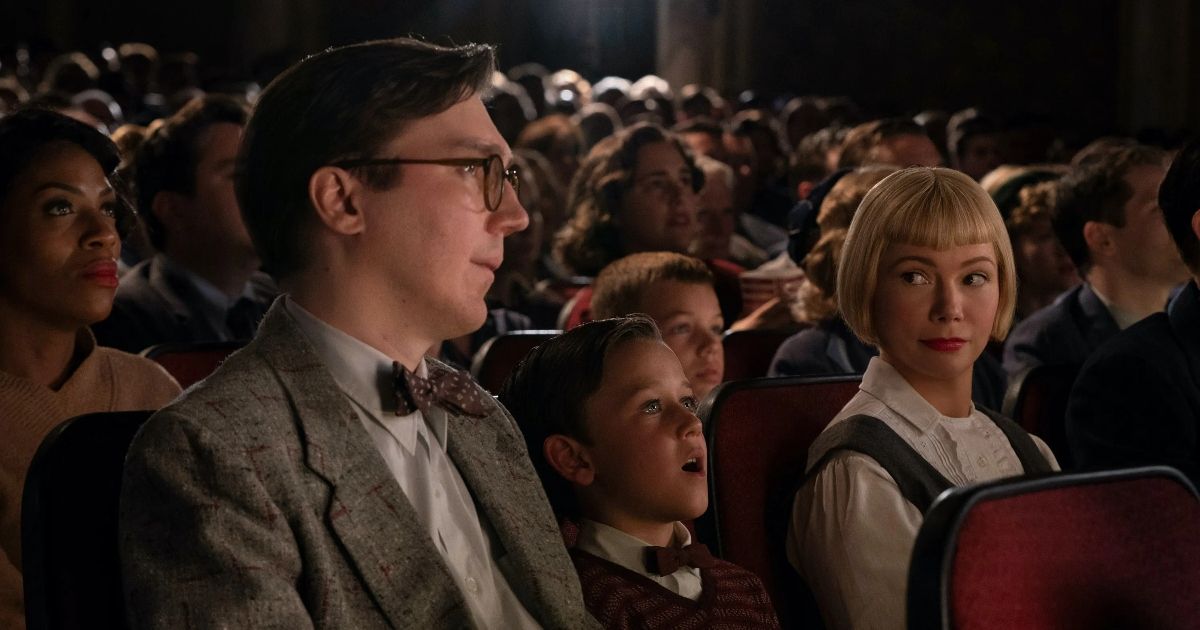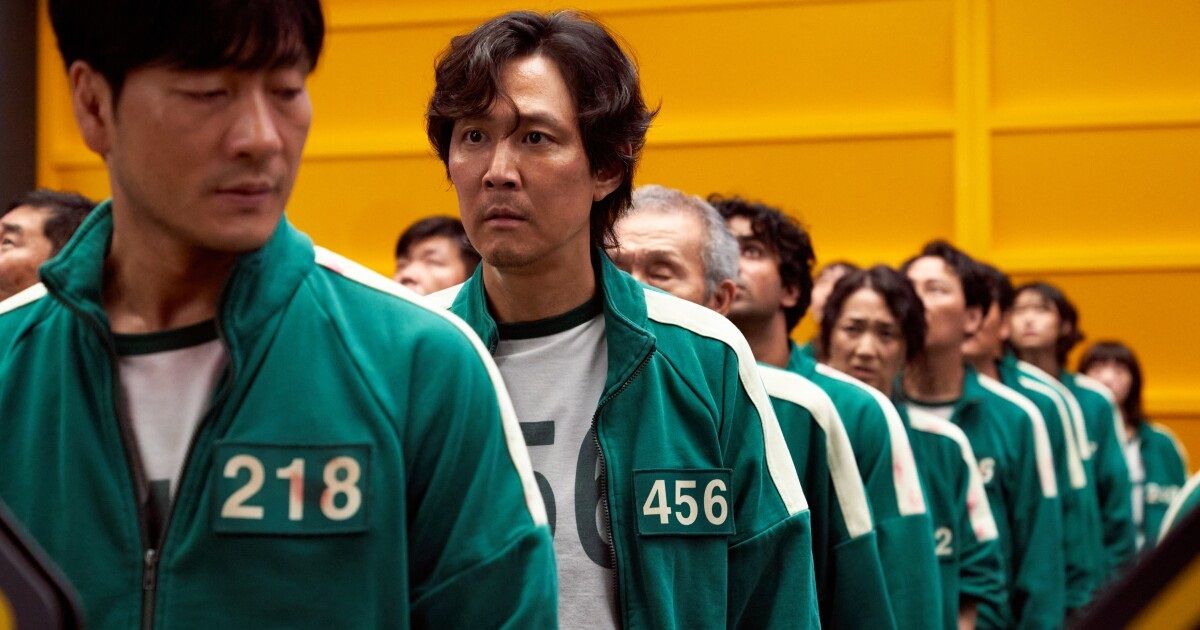For the longest time, Hollywood commentators have talked breathlessly about the so-called "superhero movie fatigue" which is supposed to set in with general audiences any minute now. The idea is that the market is so saturated with superhero film content that the audience is soon going to get sick of the whole thing, bringing the entire genre crashing down like cowboy movies of yesteryear.
It hasn't happened yet if the success of Spider-Man: No Way Home, The Batman, Black Panther: Wakanda Forever and more is anything go by. Instead, Hollywood tastemakers have been forced to consider a very different kind of possibility in 2022. That general audiences might actually be suffering from "original movie fatigue" instead. Let's take a look at why this particular malaise poses a bigger threat to Hollywood than superhero films ever did.
Thinking Outside the box
The film industry has always thrived on safe bets. Sure, a little bit of risk-taking is necessary to the whole operation, but what the commercial cinema industry loves to do is take a new concept that proves a hit with audiences, and run it into the ground by making lots and lots of movies based on the same concept. That's literally the entire reason genre filmmaking exists. A filmmaker makes a movie with a particular formula, and it spawns an entire genre of film tradition that hews close to the formula, from slasher movies to westerns to superhero flicks.
Still, despite the proliferation of formulaic storytelling, the highest echelons of Hollywood creativity were traditionally reserved for the rare few filmmakers from each generation who were able to make original films without sticking to any particular genre. Filmmakers like Steven Spielberg, Ridley Scott, Quentin Tarantino, and Paul Thomas Anderson represented Hollywood at its best in terms of original content, and they had a loyal audience to back up their signature brand of cinema.
The Year of No Sure Thing
Unfortunately, the last few years have proven that there are virtually no filmmakers left in Hollywood who can bring audiences to theaters based on their name and reputation alone. In 2021 a depressing example of this emerged with The Last Duel, Oscar-winning filmmaker Ridley Scott's stirring medieval drama starring A-list talent showcasing a story with themes that are deeply relevant to current times.
Despite solid reviews from critics and Scott's own reputation as a Hollywood hitmaker backing the project, The Last Duel flopped at the box office. In 2022 a similar fate awaited Steven Spielberg, the face of Hollywood blockbusters for many decades. The Fabelmans was Spielberg's most deeply personal project in years. But despite earning rave reviews at every turn, the movie failed to make any sort of an impact at the box office.
Prestige Cinema Finds No Takers
It is not only Ridley Scott and Steven Spielberg who have felt the sting of audience indifference in recent years. For the longest time, Hollywood has depended on "prestige cinema" to light the path to awards season each year. This is the kind of cinema that combines A-list actors with award-winning filmmakers to create movies that win a slew of awards, which in turn translates to healthy box-office returns and allows the film industry to not be defined solely by genre films or bombastic blockbusters.
Unfortunately, prestige cinema took major hits after 2020, and so did the star power of the A-list actors attached to the projects. Such was the case with David O. Russell's Amsterdam, Damien Chazelle's Babylon,(both starring Margot Robbie), and Robert Eggers' The Northman, none of which were able to succeed at the box office. Even directors like Edgar Wright and Christopher Nolan, who are known for making more crowd-pleasing but still fairly auteurist fare in the past, struggled to get their movies Last Night in Soho and Tenet to perform well at the box office.
Why Are Audiences Not Showing Up?
So many original movies helmed by talented directors flopping left and right paint a gloomy picture of the future of Hollywood movie-making. It seems audiences are not willing to go to the cinema to watch anything that is not part of a franchise or established IP. The studios might take note of the box office numbers and conclude that there is no point in making original movies if no one is going to show up in theaters to see them.
But it would be a mistake to form such a sweeping conclusion. The truth is original storytelling is thriving right now, but not in cinemas — rather, on streaming channels. Mature audiences have the choice to stay at home to watch well-written, well-acted original dramas instead of having to go to the theaters and pay exorbitant prices for the same experience. Good, original storytelling still holds value for general audiences, but it cannot be (and has never been) the sole reason to go to the cinema. To make it worth a person's time to watch a movie in a theater, you need to provide them with plenty of entertaining spectacle on top of a fresh story and solid performances.
Smaller Budgets, Better Marketing Is the Key
Not all of 2022 was doom and gloom for original movies. Films like Smile, Nope, and Everything, Everywhere, All At Once did healthy numbers at the box office despite being non-franchise fare starring lesser-known actors. The important factor for their success was their controlled budgets, which allowed the films to turn profits despite not doing superhero movie numbers. It is also becoming increasingly clear that Hollywood needs to rethink how it markets its original films. Franchise movies come with in-built audiences, so creating a buzz before their release happens without much effort.
But original movies need active and innovative marketing efforts to pique the interest of general audiences. After that, it's up to the movie itself to provide the kind of experience to theater-going audiences that would cause them to come back for repeat viewings and encourage their friends and family to go as well. There are a lot more entertainment options competing for the attention of audiences in the modern age. But with innovative scripts based on fresh concepts and out-of-the-box marketing, it is well within the means of Hollywood to rise to the challenge and bring audiences back to theaters once again without relying solely on franchises.




-Cast.jpg)

.jpg)